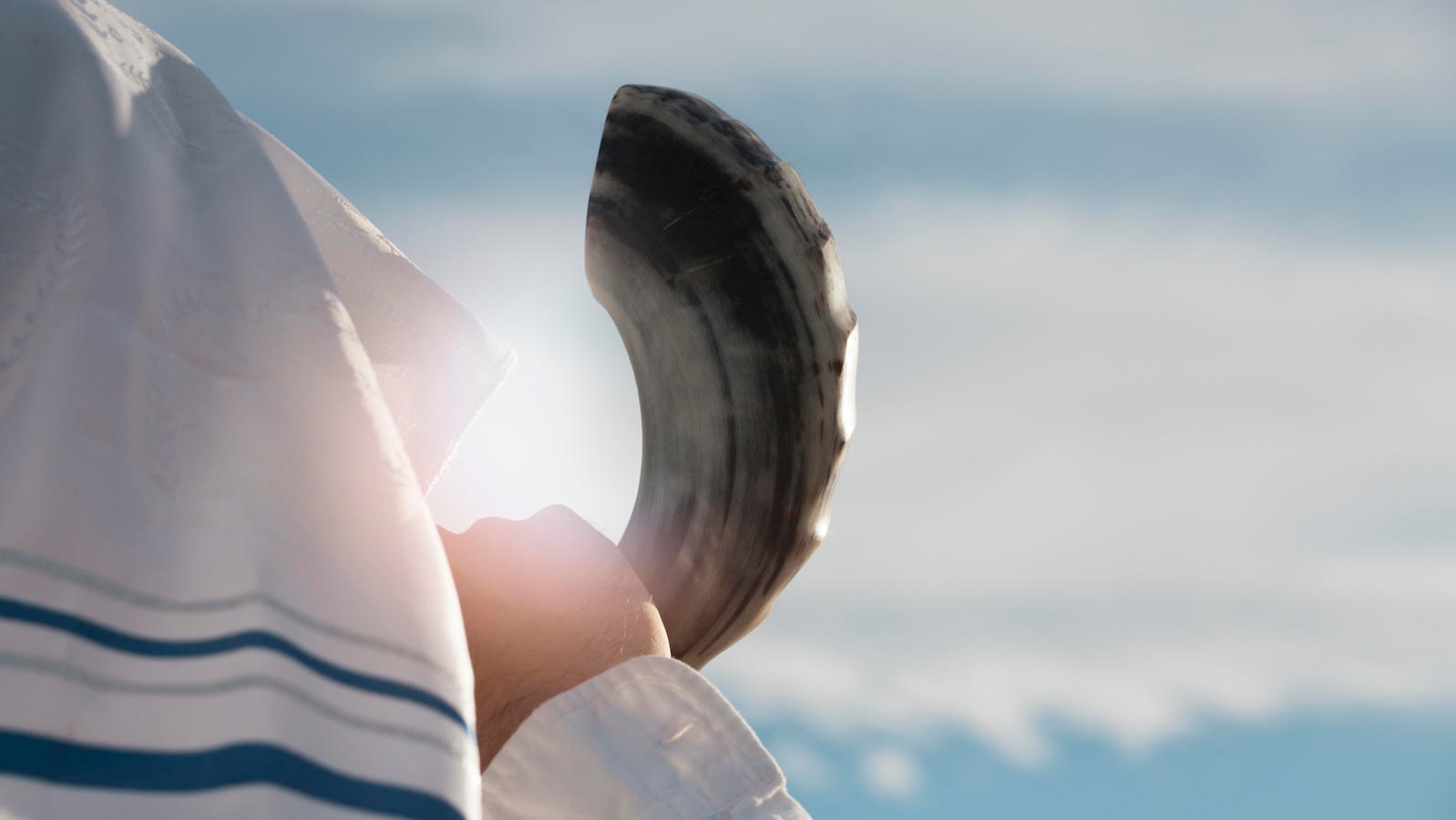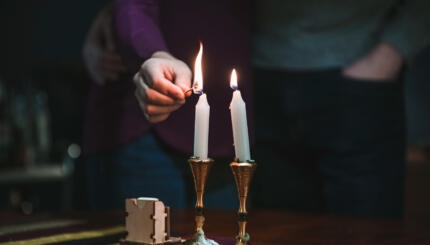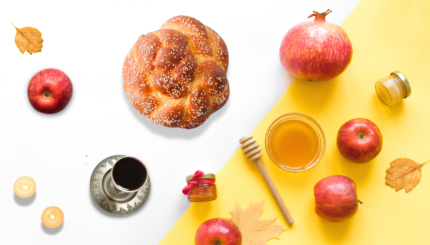The Jewish month of Elul is traditionally a time for personal reflection and spiritual preparation for the New Year. It offers a structured opportunity to examine what is holding us back from being who we really want to be. If we use the period of to take concrete steps towards becoming advocates for change, together we can make a difference!
Relationship With God
Tradition: The word Elul can be understood as an acronym for the Hebrew verse Ani L’dodi V’dodi Li — “I am for my beloved and my beloved is for me.”
Suggestion: Think about your relationship with whatever you conceive of as the Divine Presence. Try to imagine a more intimate relationship, as if God were your beloved. You might want to write a letter addressed to this Beloved in which you speak as you would to a close friend. You may want to honor yourself as “created in God’s image” by treating yourself as you would treat a beloved.
Human Relationships
Tradition: The teshuvah [repentance] process operates on two levels, one involving human relationships and the other involving our relationship with God. According to tradition, one resolves human relationships during Elul by asking forgiveness for wrongdoings. If one earnestly asks three times, the obligation is fulfilled.

Help us keep Jewish knowledge accessible to millions of people around the world.
Your donation to My Jewish Learning fuels endless journeys of Jewish discovery. With your help, My Jewish Learning can continue to provide nonstop opportunities for learning, connection and growth.
Suggestion: As part of your process try to sort out difficult relationships (with people, organizations) that drain you of your creative energy. Think about what kind of closure you need in order to move forward into the next year.
Shofar
Tradition: The shofar (ram’s horn) is blown at the conclusion of every weekday morning prayer service during Elul.
Suggestion: Use this month to listen for the shofar’s rousing call. Carve out some time to think through the kinds of changes you want to make in the coming year. What’s holding you back?
Psalm 27
Tradition: Psalm 27 — which begins with the words “God is my light and my helper, whom shall I fear?” — is recited every day from Rosh Hodesh Elul (the beginning of the month) through the middle of Sukkot (the Festival of Booths).
Suggestion: Honor the fact that change can involve fear. Think about keeping an Elul journal to help revive your internal dialogue. You may want to use some or all of Psalm 27 as a departure point for meditation and/or writing. Books like The Artist’s Way by Julia Cameron may also be useful tools.
Kol Nidre
Tradition: Kol Nidre (the first prayer recited on the eve of ) serves to annul all existing vows and prepare us to begin the New Year with a clean slate. The Al Chet prayer enumerates the specific ways we have missed the mark.
Suggestion: Take some time to re-evaluate your participation in the community. Try to be more conscious of how you spend your time and money. Do your calendar and checkbook reflect your values and priorities?
Reprinted with permission from Journey, A Journal of Jewish Feminism, published by Ma’yan: The Jewish Women’s Project.
Rosh Hashanah
Pronounced: roshe hah-SHAH-nah, also roshe ha-shah-NAH, Origin: Hebrew, the Jewish new year.


